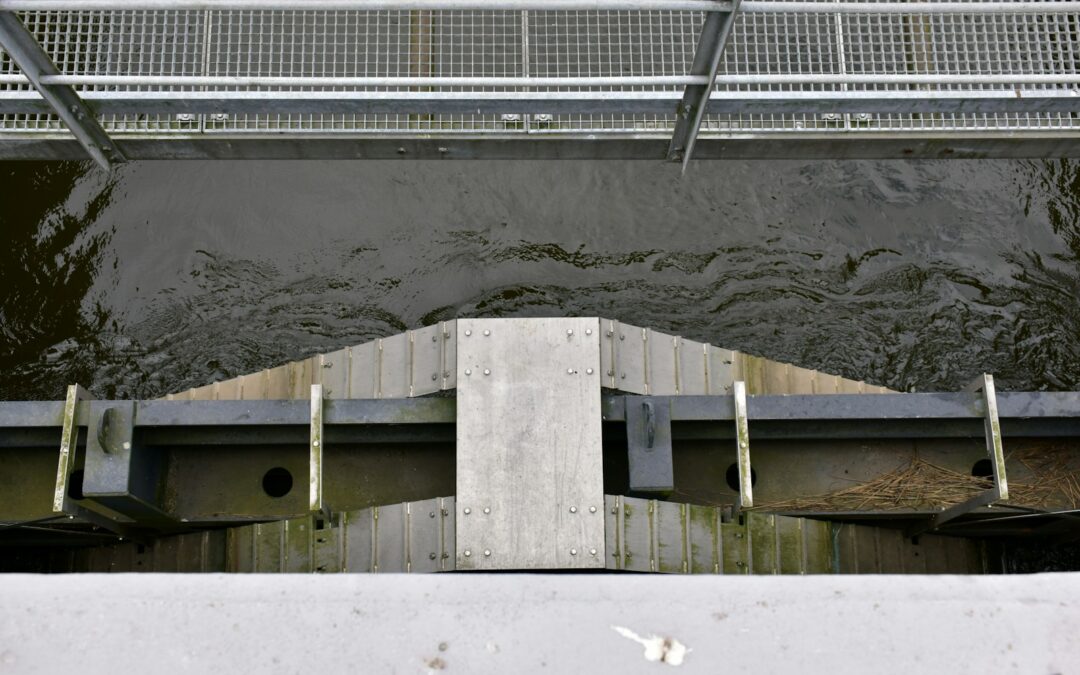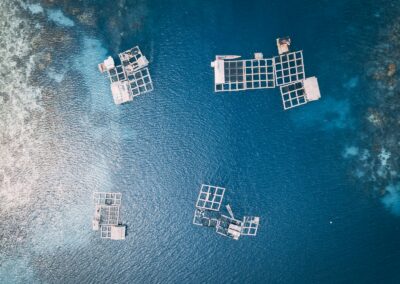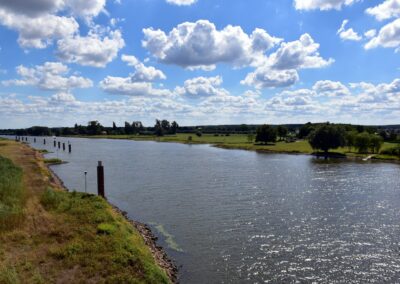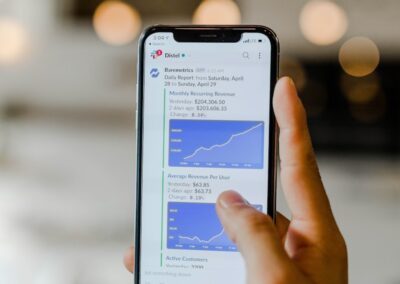Harnessing Digital Twins for Efficient Urban Water Management
The Impact of Digital Twins on Water Distribution Systems
The integration of digital twins into urban water management offers transformative benefits, particularly in optimizing water distribution systems. Digital twins, which are virtual replicas of physical systems, enable real-time monitoring and simulation of water infrastructure, leading to significant advancements in water management practices.
Digital twins provide a comprehensive view of water distribution networks by integrating data from sensors and IoT devices spread across the urban environment. This virtual representation allows city planners and water utility managers to visualize the entire network, track water flow, and detect anomalies with unprecedented precision. For cities in Saudi Arabia and the UAE, where rapid urbanization and infrastructure development are prominent, digital twins are becoming an essential tool for addressing the challenges of water management.
By leveraging digital twins, cities can achieve improved water distribution efficiency, reduce water loss, and enhance the overall reliability of the water supply system. The ability to simulate various scenarios, such as changes in demand or potential failures, enables proactive decision-making and minimizes disruptions in water service. This proactive approach not only enhances operational efficiency but also contributes to better resource management and cost savings.
Enhancing Urban Sustainability and Resilience
The benefits of digital twins extend beyond operational efficiency to play a vital role in enhancing urban sustainability and resilience. In urban areas, where water scarcity and environmental sustainability are pressing concerns, digital twins offer valuable insights into water usage patterns and distribution trends. This information is crucial for developing strategies to conserve water, manage resources effectively, and ensure equitable distribution across different areas.
For cities like Riyadh and Dubai, which are characterized by their arid climates and growing populations, implementing digital twins for water management can lead to significant improvements in sustainability. By analyzing real-time data, cities can identify areas with high water consumption and implement targeted conservation measures. Additionally, digital twins can facilitate the integration of renewable energy sources and smart technologies, further contributing to the sustainability of urban water systems.
Moreover, digital twins support the resilience of water management systems by providing tools for risk assessment and mitigation. In the event of system failures or extreme weather conditions, the virtual model allows for rapid response and recovery planning. This capability enhances the ability of cities to withstand and adapt to various challenges, ensuring a reliable water supply even in adverse circumstances.
Optimizing Resource Allocation and Infrastructure Investment
Digital twins offer a strategic advantage in optimizing resource allocation and infrastructure investment for urban water management. By providing detailed insights into the performance of water distribution networks, digital twins enable cities to prioritize maintenance and upgrade efforts based on data-driven analysis. This targeted approach ensures that resources are allocated effectively and infrastructure investments are made where they will have the greatest impact.
In the context of project management and business success, digital twins offer a powerful tool for aligning water management strategies with overall urban development goals. For executives and managers in Saudi Arabia and the UAE, leveraging digital twins can lead to more informed decision-making and better alignment with sustainability objectives. This approach not only enhances the efficiency of water management but also supports broader urban planning and development initiatives.
Furthermore, digital twins facilitate collaboration among stakeholders by providing a shared platform for data analysis and decision-making. This collaborative approach ensures that all parties involved in water management are working towards common goals and enables the integration of diverse perspectives and expertise. As a result, cities can achieve more effective and cohesive water management strategies that address both current needs and future challenges.
Conclusion: The Future of Urban Water Management with Digital Twins
The adoption of digital twins in urban water management represents a significant advancement in achieving efficient and sustainable water distribution systems. By providing real-time insights, enhancing operational efficiency, and supporting strategic decision-making, digital twins are transforming the way cities manage their water resources.
As urban areas continue to grow and face increasing challenges related to water scarcity and sustainability, digital twins offer a forward-looking solution that aligns with modern technological advancements and environmental goals. For cities in Saudi Arabia, the UAE, and beyond, embracing digital twins can lead to more resilient, efficient, and sustainable water management practices, ultimately contributing to the overall success and quality of urban life.
In conclusion, digital twins are poised to play a crucial role in shaping the future of urban water management. By harnessing the power of this technology, cities can address the complexities of water distribution, enhance sustainability, and ensure a reliable water supply for their residents.
—
#DigitalTwins #UrbanWaterManagement #WaterDistribution #SmartCities #SaudiArabia #UAE #Riyadh #Dubai #ArtificialIntelligence #ModernTechnology #BusinessSuccess #LeadershipAndManagement #ProjectManagement























